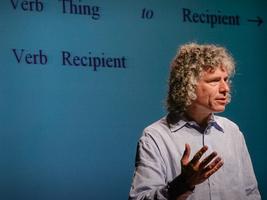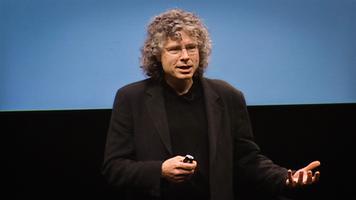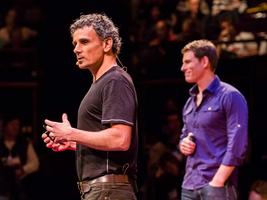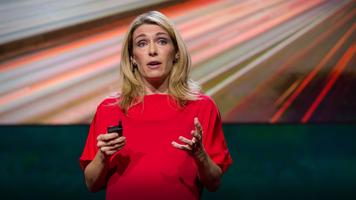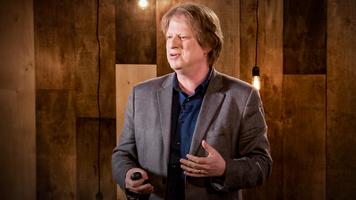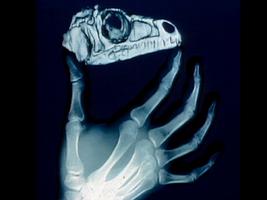Steven Pinker: How common knowledge shapes the world
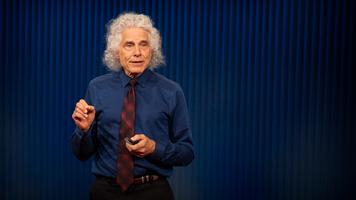
Common knowledge is the secret engine of social life, letting us coordinate everything from meet-ups to markets to international diplomacy. In this fascinating talk, experimental cognitive scientist Steven Pinker explores its momentous impact, threading together stories of why autocrats fear blank signs, why central bankers mumble and why saying...
Steven Pinker: What our language habits reveal
Steven Pinker: Human nature and the blank slate
Steven Pinker: Is the world getting better or worse? A look at the numbers
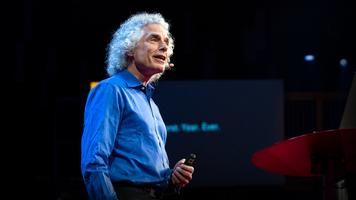
Was 2017 really the "worst year ever," as some would have us believe? In his analysis of recent data on homicide, war, poverty, pollution and more, psychologist Steven Pinker finds that we're doing better now in every one of them when compared with 30 years ago. But progress isn't inevitable, and it doesn't mean everything gets better for everyo...
Steven Pinker: The surprising decline in violence
The TED Interview: Steven Pinker on the case for optimism
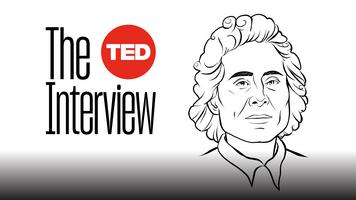
Was 2017 really the "the worst ever," as some would have us believe? Cognitive psychologist and linguist Steven Pinker shares data that shows: actually, it was one of the best overall. At TED2018, head of TED Chris Anderson sat down with Steven to take a closer look at the data that suggest the world is improving -- and to unpack why so many peo...
Steven Pinker and Rebecca Newberger Goldstein: The long reach of reason
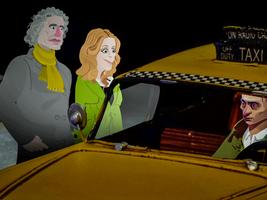
Here's a TED first: an animated Socratic dialog! In a time when irrationality seems to rule both politics and culture, has reasoned thinking finally lost its power? Watch as psychologist Steven Pinker is gradually, brilliantly persuaded by philosopher Rebecca Newberger Goldstein that reason is actually the key driver of human moral progress, eve...
Steven Johnson: The Web as a city
Peter van Uhm: Why I chose a gun
Eric Berlow and Sean Gourley: Mapping ideas worth spreading
Abigail Marsh: Why some people are more altruistic than others
Robert Muggah: How to protect fast-growing cities from failing
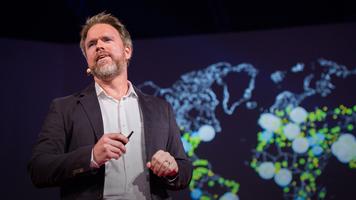
Worldwide, violence is on the decline, but in the crowded cities of the global south — cities like Aleppo, Bamako and Caracas — violence is actually accelerating, fueled by the drug trade, mass unemployment and civil unrest. Security researcher Robert Muggah turns our attention toward these "fragile cities," super-fast-growing places where infra...
Paul Bloom: Can prejudice ever be a good thing?
The TED Interview: Dalia Mogahed on Islam in the world today
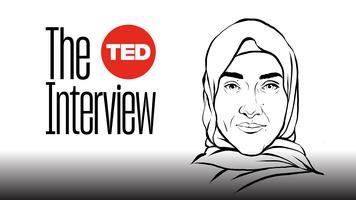
Just after 9/11, Dalia Mogahed asked: What do 1.8 billion Muslims really think? In a grand research project with Gallup, she interviewed more than 50,000 Muslims about their lives, their dreams and the state of their religion. Today, she continues her research on Muslims as the director of research at the Institute for Social Policy and Understa...
Paul Sereno: Digging up dinosaurs
Stewart Brand and Chris Anderson: Mammoths resurrected, geoengineering and other thoughts from a futurist
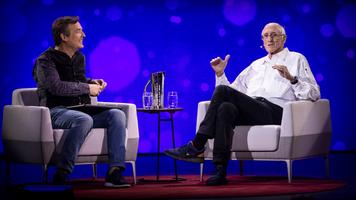
Stewart Brand is a futurist, counterculturist and visionary with a very wide-ranging mind. In conversation with TED Curator Chris Anderson, Brand discusses ... just about everything: human nature, bringing back the wooly mammoth, geoengineering, rewilding and science as organized skepticism -- plus the story of an acid trip on a San Francisco ro...
Yuval Noah Harari: The war in Ukraine could change everything

Concerned about the war Ukraine? You're not alone. Historian Yuval Noah Harari provides important context on the Russian invasion, including Ukraine's long history of resistance, the specter of nuclear war and his view of why, even if Putin wins all the military battles, he's already lost the war. (This conversation, hosted by TED global curator...
